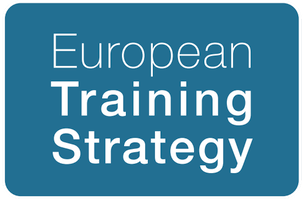

The single attitudes are summarised in different headlines that illustrate what “collaborating in teams” means for youth workers attitude-wise. The “clusters” do not name attitudes as such; these can be found through clicking on the lists.
As part of a team, youth workers have roles, take on duties and have certain responsibilities. + -
Corresponding attitudes are:
- willingness to take on tasks that are not normally connected to their role but that will ensure safety for the team and the group
- readiness to ask for support
- readiness to reflect upon and rethink their own role
- readiness to collaborate and teamwork online
To interact within the team and with the group is another aspect of one's role. + -
Therefore it is also good to have:
- awareness of the specific position as a youth worker that goes beyond an individual one
- awareness of the fact that youth workers are also role models, both as individuals and as members of a team
As individuals, team members learn and develop continuously. + -
Helpful attitudes for that are:
- awareness of one’s own competences
- readiness for continuous learning
- openness to different sources of learning
- readiness to admit one’s personal limitations in the context of the activity/group
Also, supporting the development of colleagues in teams contributes to successful collaboration. + -
This is reflected by attitudes like:
- readiness to support colleagues’ learning needs
- awareness of how much others can teach you
- awareness of the principles of “to get and to give”
- willingness to cooperate and learn from others who may hold different values




